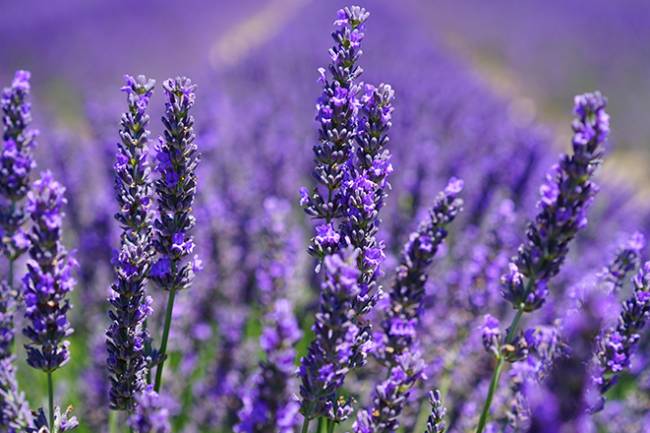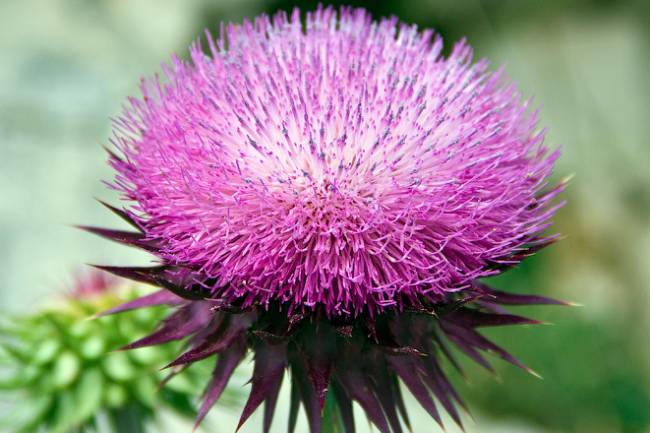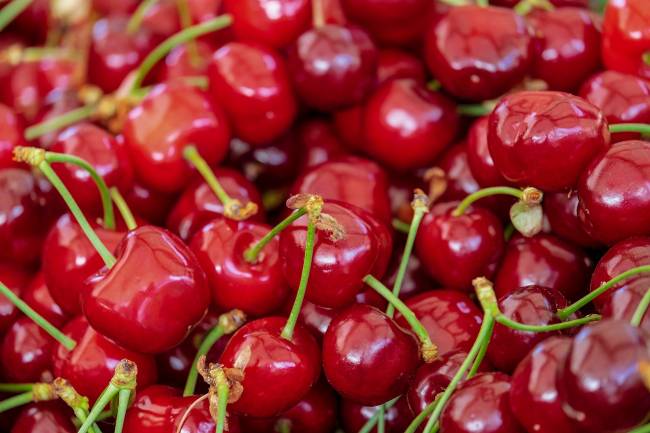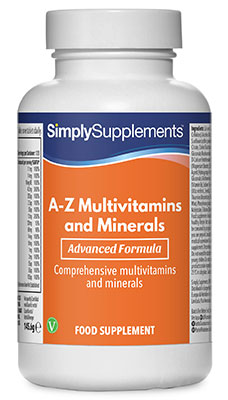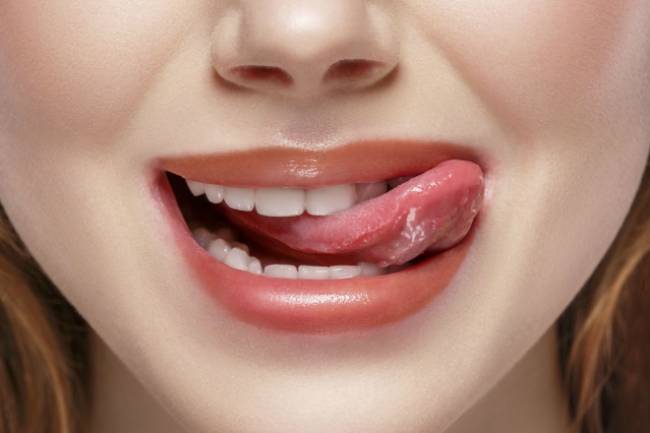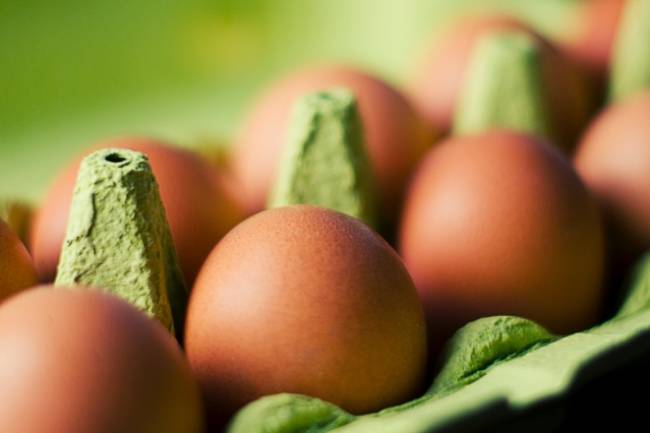Your Guide to Summer Supplements

The majority of us look forward to the summer and welcome the warmer weather, but sunshine is not an excuse to let your guard down, with regards to taking care of your wellbeing. In this article we look at five health-related challenges that summer brings, and provide an overview of some of the supplements that can help you get through the year's hottest season.
Immunity
Although winter is the season that is most likely trigger an interest in boosting immunity, summer is also a good time to take measures that will bolster your body's defence system. The typically warmer months of the summer give rise to a change in the viral landscape, and a host of new viruses emerge that are different from those that cause colds during the winter.
The viruses that tend to manifest themselves during the summer are known as enteroviruses. These viruses can affect your health in a number of ways, and cause symptoms that similar to those of the common cold, as well as gastrointestinal problems and conjunctivitis. Nutrition can exert a powerful influence on your immune system, and there are a number of supplements that you can take to ensure that it functions to its full capacity.
Supplements that are commonly taken to help support the immune system include:
- Vitamin C – Adequate vitamin C is needed for your immune system to operate as it should, and in higher doses, it might help reduce the duration of a cold, if you do end up catching one.
- Multi-nutrient – A multivitamin and mineral supplement can serve as an insurance policy against nutritional deficiencies, and helps ensure an adequate of nutrients, such as zinc and iron, which contribute to the normal functioning of the immune system.
- Echinacea – Echinacea is a herb that has been traditionally used to fight infections, and it popularly used to halt the development of the symptoms associated with the common cold. However, many people take Echinacea all year round, in order to give their immunity a boost.
Hay Fever
According to the NHS, one in five people will be affected by hay fever at some point in their life. Hay fever results from an allergy to pollen, and, although it is possible to have a reaction during any season, the summer is generally considered a high-risk time for many hay fever sufferers. The primary treatment option for hay fever is usually antihistamine medication, and you should consult your GP if you are experiencing severe symptoms.
However, there a number of supplements that you can take to help deal with the elevated pollen count that occurs during the summer: Beta glucans – Beta glucans are traditionally used to manage cholesterol levels, but they function in the body in a number of ways. It is thought that beta glucans have a stimulatory effect on the immune system, and can help with allergic conditions, such as hay fever:
- Vitamin C – Vitamin C is probably best known for its role in the smooth functioning of the immune system, but it is also believed to have potent anti-histamine properties. Histamine is the chemical in the body that mediates the allergic response, and so vitamin C may be of benefit if you suffer from hay fever or other allergies.
- Milk thistle – Milk thistle is a long tradition of being used to deal with the after-effects of overindulging in food or drink, but the results of randomised clinical trial study suggest that the active ingredient in milk thistle, silymarin, may have the potential to offer relief from hay fever symptoms.
Heat Rash
Heat rash, which is also referred to as prickly heat, is a red rash on the skin that causes itching and a stinging sensation. It can develop anywhere on the body, but most commonly affects the thighs, back, neck and face. Heat rash usually occurs in susceptible people when they sweat more than usual, especially in hot and humid conditions. Sweat ducts become blocked, and this causes tiny pockets of inflammation, which appear as the characteristic rash. The mainstay in the treatment of heat rash is to keep cool, but many people find that supplements can help:
- Beta carotene – Beta carotene is thought to help protect the skin from oxidative damage by free radicals, the production of which increases as a result of exposure to the sun. Supplements of beta carotene have been shown to significantly increase the tolerance to the sun in photosensitive individuals.
- Vitamin B6 – Although scientists are still trying to identify the exact mechanism by which it exerts its effect, vitamin B6 seems to have skin-protective properties and a regular intake is thought to reduce the incidence of heat rash in sensitive individuals.
- Vitamin C – Histamine is involved in the development of the rash that is associated with prickly heat. It is thought that, because of its antihistamine activity, vitamin C can help reduce the inflammation and itchiness that are the major symptoms of heat rash.
Travelling
According to a recent survey, the UK is one of the most well-travelled nations in Europe, and the season of summer is a popular time to go abroad in search of sunshine. For the majority of people, relaxing and having fun are the priorities of a foreign holiday, and supplements can help ensure that your health is optimised and that things go according to plan. The following supplements deserve a place in your travel bag:
- Probiotics – Probiotics are beneficial bacteria that contribute to the maintenance of a healthy digestive system. A probiotic supplement can help populate your gastrointestinal tract with friendly bacteria so that you are better protected in the event that you inadvertently encounter any foreign microbes.
- B complex – B vitamins perform a wide range of functions in the body and are important nutrients for maintaining energy levels and dealing with stress. Certain B vitamins also have roles in the immune system, and many people believe that taking vitamin B1 can repel mosquitoes.
- Ginger – Whether you're travelling, by road, rail, sea or air, getting from A to B can present a challenge if you are vulnerable to motion sickness. Ginger is perhaps the most popular natural remedy for motion sickness and has been used for centuries in this capacity. Supplements provide a convenient method of taking ginger, without the strong taste.
Getting Your Body Beach-Ready
While it is important to maintain a healthy body weight throughout your life, the summer is a time when people are especially motivated to get into shape. It is well established that the most effective method of losing excess fat is the combination of reducing your calorie intake and increasing your level of physical activity. However, many people also choose to include supplements as part of a healthy weight loss regime. Some of the supplements that are popularly used in the context of sensible weight management are:
- CLA – Conjugated linoleic acid (CLA) is a fatty acid that is naturally found in foods, such as eggs, chicken and dairy products. As a supplement, it thought that CLA may help to improve body composition, by promoting the maintenance of lean muscle while decreasing body fat.
- Glucomannan – Glucomannan is a type of soluble fibre that absorbs water and forms a bulk in the gut, helping to increase feelings of fullness. It is also thought glucomannan may help to stabilise blood sugar levels, and as a supplement, it has been shown to be effective in supporting weight loss.
- Green tea – Green tea has numerous health benefits, and research suggests that it can also increase the metabolism of fat. Supplementing with green tea extract can help you get the benefits of green tea, without having to drink the six or seven cups that are required for a fat-burning effect.
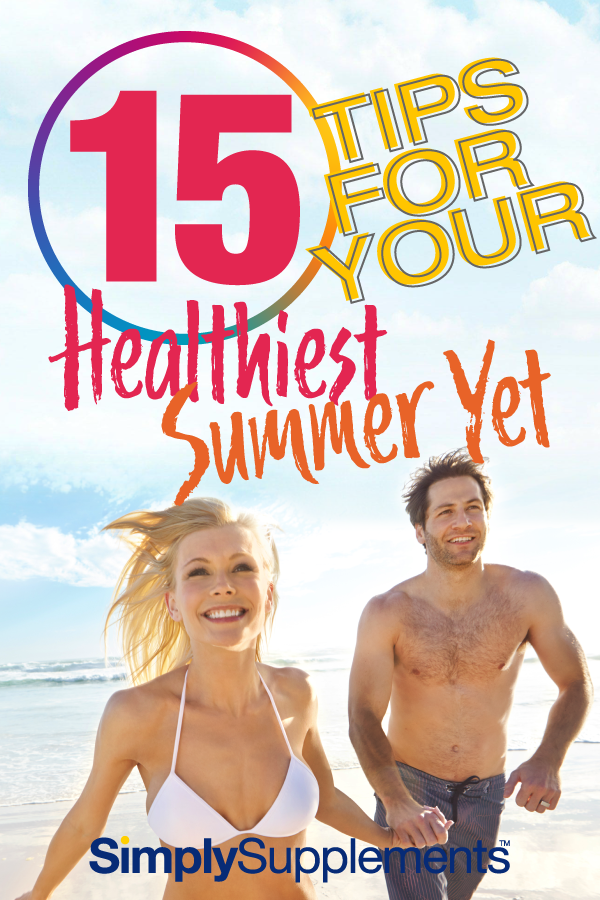

 Nicole
Nicole 